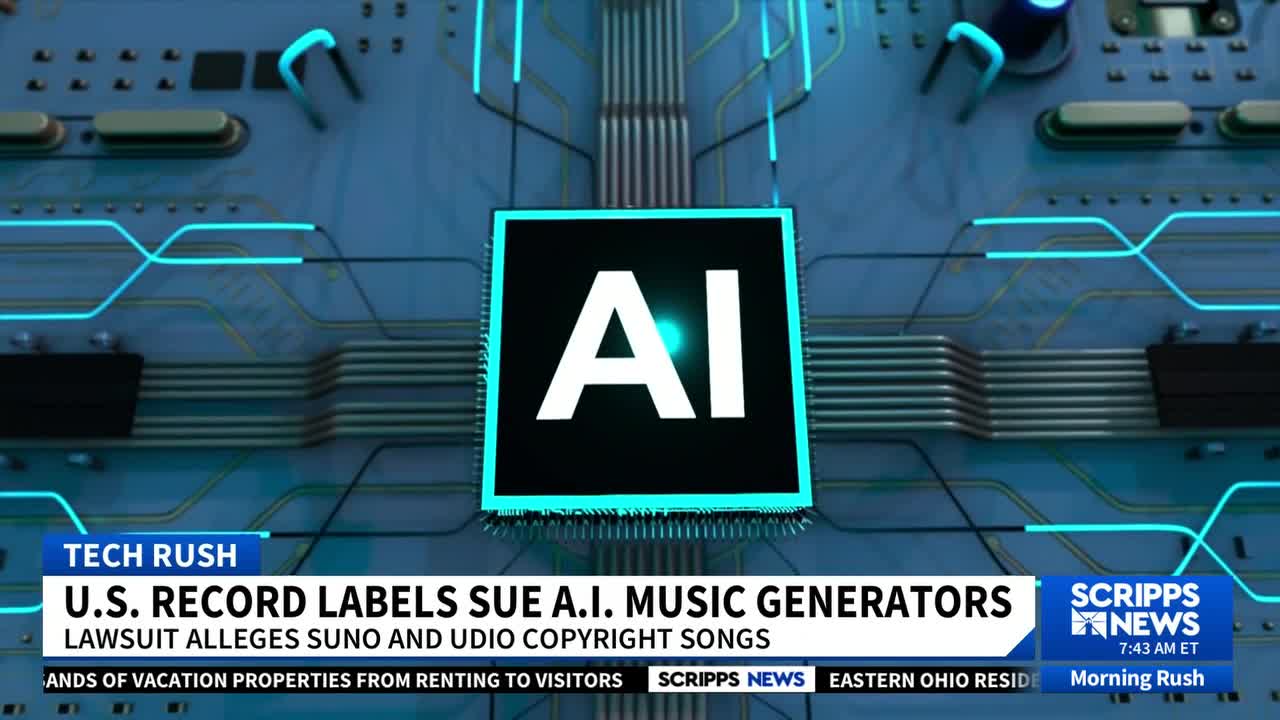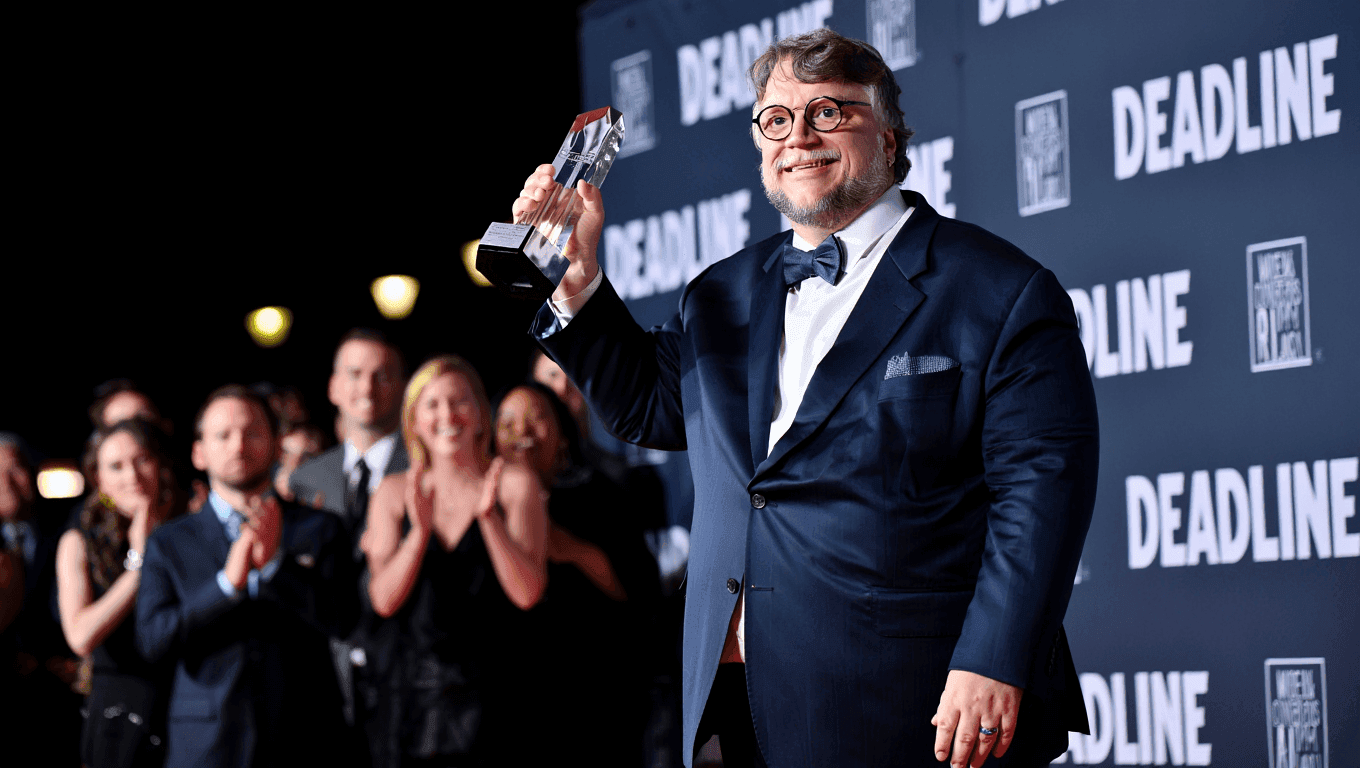Warner Music and Udio Settle, Will Launch Licensed AI Song Platform
Warner Music Group reached a settlement with AI startup Udio on November 19, 2025, and the companies said they will jointly launch a subscription AI song creation platform using models trained on licensed recordings. The agreement signals a growing industry pivot toward licensing frameworks that aim to generate new revenue for songwriters and rights holders while offering AI companies a compliance path.

Warner Music Group and the AI music startup Udio reached a settlement on November 19, 2025, resolving a copyright dispute and announcing a joint subscription platform that will power AI song creation using models trained on music licensed through the record company. The arrangement represents one of several recent tie ups between major labels and generative audio startups, and it marks a notable step in the industry effort to build commercial ecosystems that compensate creators while enabling new AI driven tools.
Under the settlement, Warner and Udio will work together to develop a product that draws on licensed recordings and publishing rights to generate music for subscribers. The companies framed the effort as a way to create monetization channels for songwriters, performers and rights holders who have long protested the unlicensed use of their work in training AI systems. For Udio, the deal provides a legal and commercial pathway to scale its technology inside a framework accepted by a major label.
The settlement comes amid high profile litigation over whether and how artificial intelligence systems can be trained on copyrighted recordings. Some startups have faced lawsuits from labels and publisher groups alleging unauthorized use of copyrighted music. Udio’s rival Suno remains subject to litigation brought by major labels, underscoring the uneven legal terrain that has pushed parts of the industry toward negotiated licensing rather than courtroom resolution.
From a business perspective, the Warner Udio agreement reflects evolving label strategies. Major music companies are increasingly viewing AI not simply as a threat but as a potential new revenue stream and distribution channel. Licensing models tied to subscription services can create recurring income for rights holders, but they also require complex deals over data access, royalty splits and usage terms. The mechanics of how revenue will flow from Udio subscribers to songwriters and performers were not disclosed, and those details will be critical to determining whether the platform meaningfully improves creator compensation compared with existing streaming models.
Culturally, the move could broaden access to music creation tools. A subscription based AI songwriting platform may lower technical and financial barriers for hobbyists, independent creators and small production teams, enabling a wider range of people to prototype and produce music. At the same time, the proliferation of AI generated music raises questions about artistic authorship, the distinctiveness of new work and the potential for algorithmic homogenization of popular sounds.
Broader social implications extend to labor and intellectual property policy. Settlements that center licensing could establish precedents for how creative labor is valued in an AI era, influencing future legislation and industry standards. They also reflect a shifting power dynamic in which legacy rights holders leverage their catalogs as assets in technology partnerships, potentially consolidating influence over how AI models are built and monetized.
The Warner Udio deal is unlikely to be the final word on AI and music. With ongoing litigation involving other startups and unresolved questions about transparency in model training and compensation formulas, the agreement is best seen as one important experiment in shaping an ecosystem where AI tools and human creators coexist. How effectively it balances innovation, fairness and artistic integrity will determine whether it becomes a template or an outlier.


